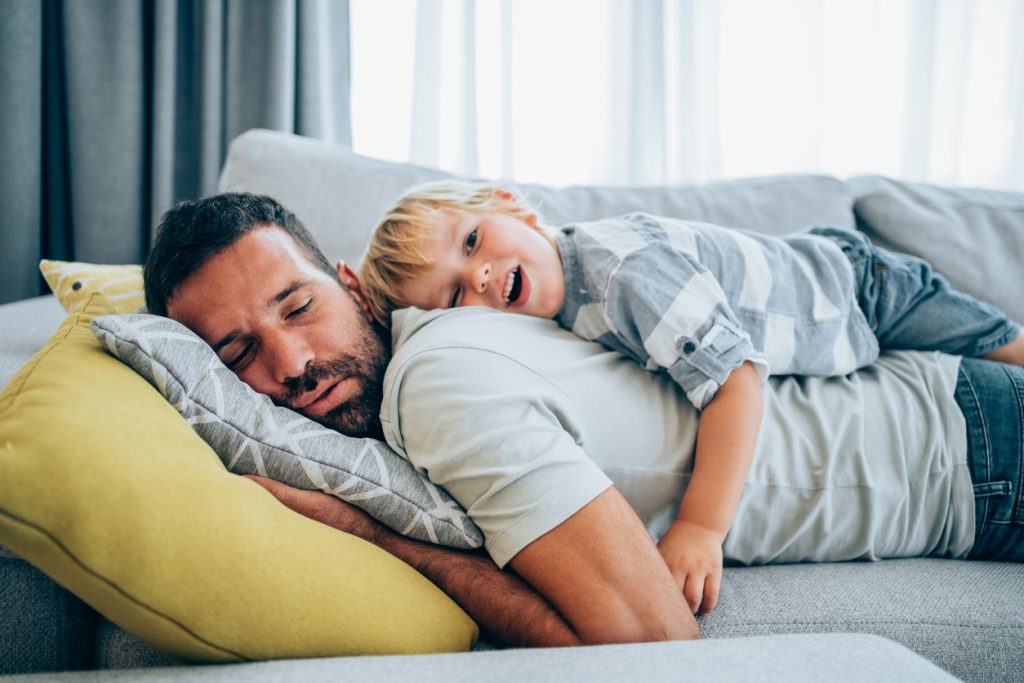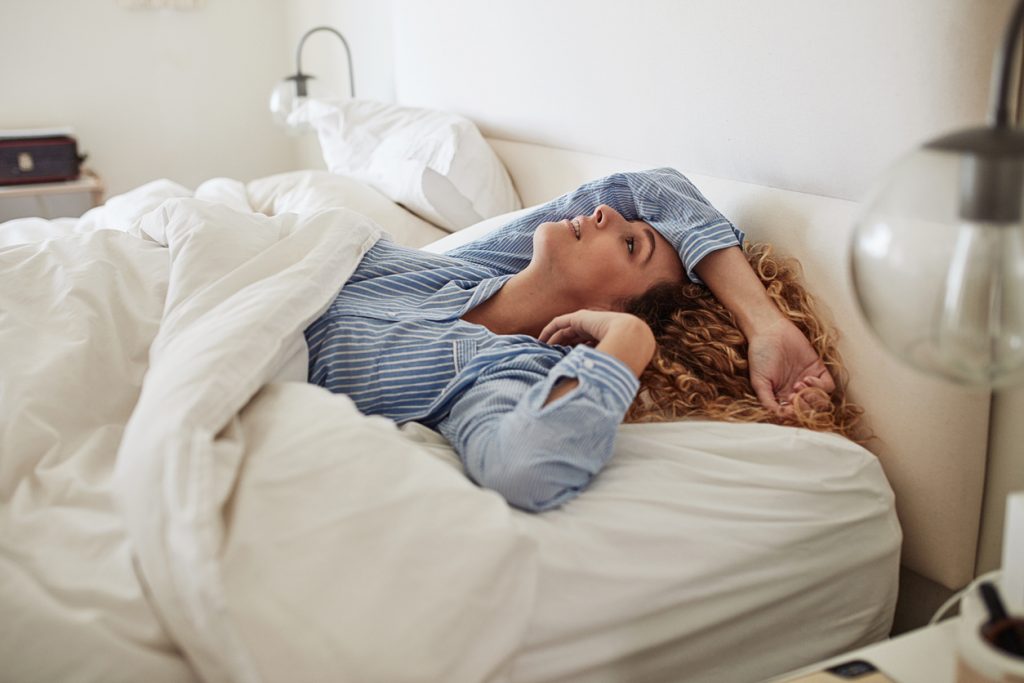How much sleep do we need at each age?
Don’t you love flopping back onto your pillow knowing there’s nothing else to do today – and nowhere else to be until tomorrow – slowly feeling your body relax and unwind into Zzzzzzz?
Getting the right amount of sleep restores energy to your body and brain and it’s important to our physical health and emotional wellbeing. Insufficient sleep increases our risk of developing high blood pressure or diabetes.
But what’s the right amount?

The short answer is that it’s different for everyone. Some people need more, while others can function just fine on less.
In broad terms, experts believe adults should get 7-9 hours’ sleep per night according to the National Sleep Foundation journal.
For the first 3 months of life 14-17 hours a day is the recommended sweet spot dropping slightly from there to 11 months to 12-15 hours and then toddlers up to 2 years old need between 11-14 hours.
Pre-schoolers 3-5 years should aim for 10-13 hours’ sleep each day, and schoolchildren 6-13 years should try for between 9-11 hours a day.
High school children 14-17 years need 8-10 hours per day of sleep, whilst young adults from 18 years should have 7-9 hours of sleep.
This 7 -9 hours’ sleep target then continues for much of our adult life from 20-65 years at which point it may slightly reduce to 7-8 hours thereafter. It’s important to note that with all these targets there can be up to a three-hour flexibility either side which can still be healthy and normal sleeping for certain people.
Are you getting enough sleep?
If you don’t feel refreshed when you wake up in the morning. If you find it difficult to concentrate during the day. If you feel drowsy or tired throughout the day, forget things easily or feel grumpy or moody, it could mean you’re not getting enough sleep.
There are simple ways to improve the likelihood of a good night’s sleep.
Regular exercise, not using your bed as an office or to watch TV, making sure your bed is cool and comfortable, following a sleep ritual to signal to your body it’s time to sleep, making sure you have eaten enough (not too much!), avoiding alcohol and caffeine, and relaxing and de-stressing with breathing exercises can all help you get to sleep and sleep well.
If this doesn’t work for you, talk to a doctor.

What is Melatonin?
Melatonin is a is a hormone produced in the brain that controls the body’s night and day cycles and helps control sleep and waking patterns.
When it gets dark, the body produces more melatonin to help a person to fall asleep. When it is light, the body produces less melatonin and prepares to awaken.
To speak with an InstantScripts Doctor:
Request a ConsultationIf you have run out of your script:
Request a ScriptThis article was written by Fergus Taylor, a writer with a background in health, infrastructure, environment, emergency services and justice with input from InstantScripts Australian-registered doctors.
Latest articles
© InstantScripts
Level 19, 644 Chapel Street,
South Yarra VIC 3141

